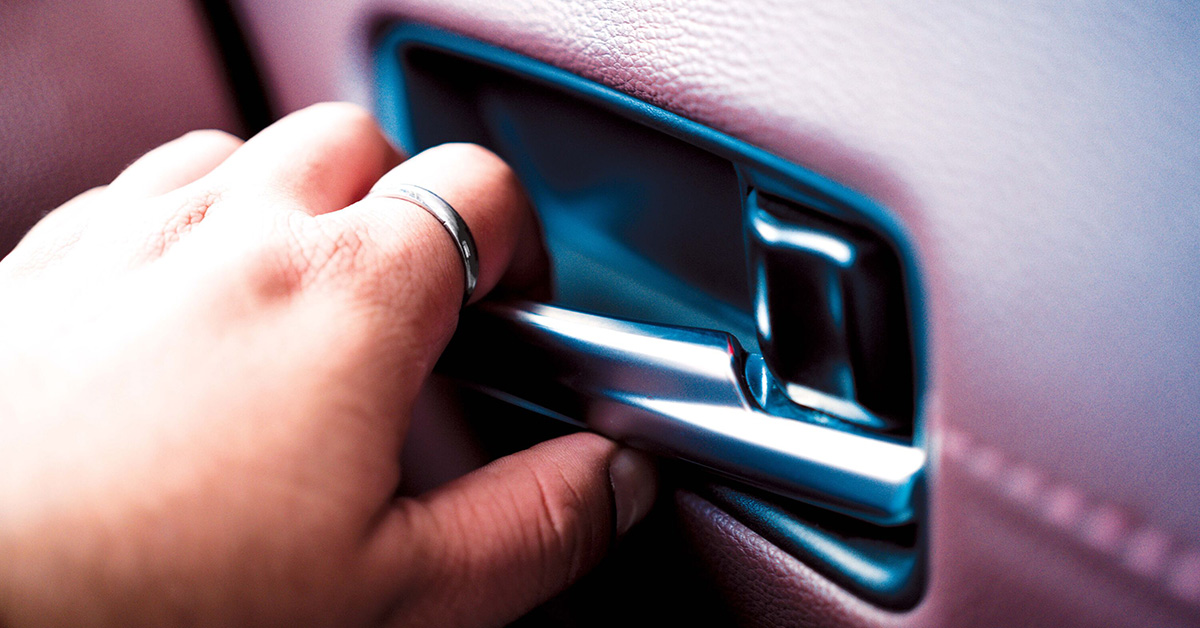
Dealing with the dreaded deadlock
DriverDo you have a spare car key? It’s vital to have one. Not only will it save you a lot of hassle if you lose the key you usually use, it will save you a lot of time and money if you get stuck in a deadlocking situation.
Deadlocking, or double-locking, is a feature of many vehicles which makes it impossible to unlock without a key. The doors can’t be opened, even from the inside, as the lock buttons and inner door handles are disabled. It means that when someone is locked inside a deadlocked car, they can’t get out.

AA Roadservice officers are regularly called on to manage deadlocking situations. If the car’s smart key is not available – for example, it might be inside the vehicle – the service officer can sometimes pick the lock with a special tool or, if there is a gap in a window, fish the key out or push the unlock button using wire.
Accessing locked vehicles is something service officers are equipped to do – but it will slow your day down significantly and can be very stressful, especially if there are children inside the vehicle. It is worth noting that in the case of children locked inside cars, the AA will prioritize these call-outs.
How do you know if your vehicle has a deadlocking feature? Beyond checking the manual, an option is to put all the car’s windows down, shut all the doors, then from outside the vehicle push the lock button on the remote or lock with the key. Once locked, lean in through the window and try to unlock from the door’s interior lock button or pull the inside door handle. (Be aware that this may set off the car alarm.)
If you can’t open the door, the vehicle is deadlocked. It can only be unlocked with the key or key remote.

While calling for help from the AA is always an option, another is to have a spare key available. That may well be the fastest and most cost-effective solution to any deadlocking dilemma.
SG Fleet has teamed up with AA to provide Roadside Assistance for our customers and drivers. Want to know more about our fleet management services? Talk to us today.
This article was originally published in the Winter 2024 AA Directions magazine.
 Driving Insights
Driving Insights




